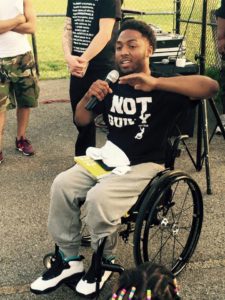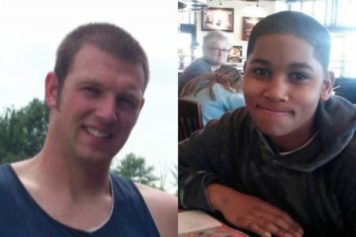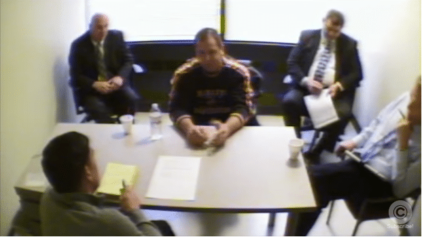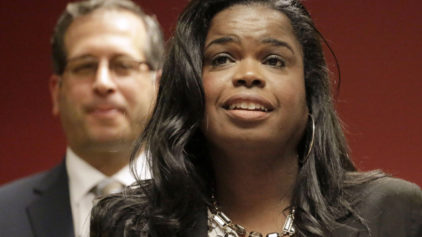
In 2012, police stopped Ford for a minor traffic violation. They had mistaken him for another man named Lamont Ford and aggressively questioned him, even though he insisted he was innocent. Officer David Derbish jumped into Ford’s car and claimed he saw a bulge in his pants that he mistook for a gun. Ford reached for the gear shift, which Derbish interpreted as reaching for a weapon. He ended up shooting Ford five times.
Ford was thrown to the ground and handcuffed. He thought he had been Tased, but when he saw blood, he realized he had been shot.
“I was like, ‘Wow, they shot me’ … I thought I was going to die,” he told VICE.
But Ford survived, even though he was paralyzed from the waist down. However, he woke up in hospital to find he had been charged with felony aggravated assault and lesser offenses such as resisting arrest and endangering the officers. He was acquitted on the felony charge and a jury deadlocked on the misdemeanors. Prosecutors eventually dropped the charges and declined to charge the officers, although Derbish is facing federal charges.
VICE reports that a police review board later criticized the officers for not following department procedure, but the board also chastised Ford for failing to comply with their orders. Ford considers himself lucky to have survived the incident, because many Black men don’t.
“Unlike Tamir Rice, Oscar Grant, Ezell Ford, Mike Brown, and many other victims of police misconduct, I survived to tell my story,” said Ford in a letter to Pittsburgh officials. “In many ways, I may also be telling their stories as well.”
Two independent reports by Timothy J. McGinty, Cuyahoga County prosecutor, claim Cleveland police were justified in shooting Tamir Rice.
Ford is now channeling his energy into speaking to groups about how to survive encounters with the police. He is also campaigning for police reform and demanding that departments do a better job of training and punishing officers. Derbish, the officer who shot him, was assigned to desk duty. Ford has filed a civil suit against the officers in federal court.
“My case is still pending, and the officers involved in my shooting are still working,” Ford said. “When an officer shoots somebody and goes on paid leave then gets his job back, I don’t think that’s good for the department. It’s showing these officers even when you do a bad thing, you’re still accepted, you’re still loved, you’re still one of us.”
Ford has now devoted his life to talking about what happened to him and mentoring young people. He hopes he can inspire more young people to fight for police reform through channels other than marching or protesting.
“There are other ways to fight back,” he said.


